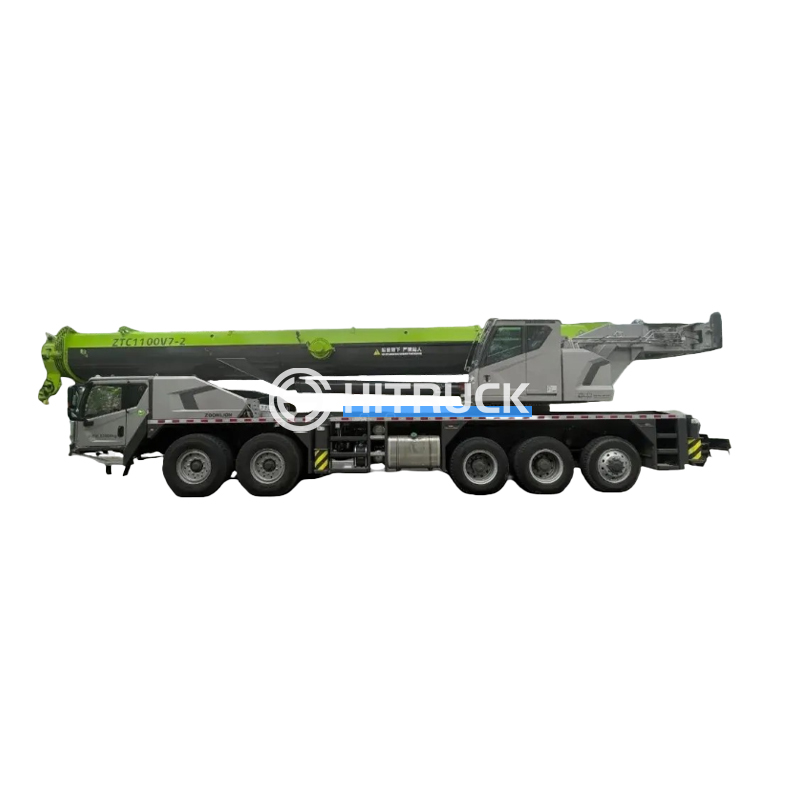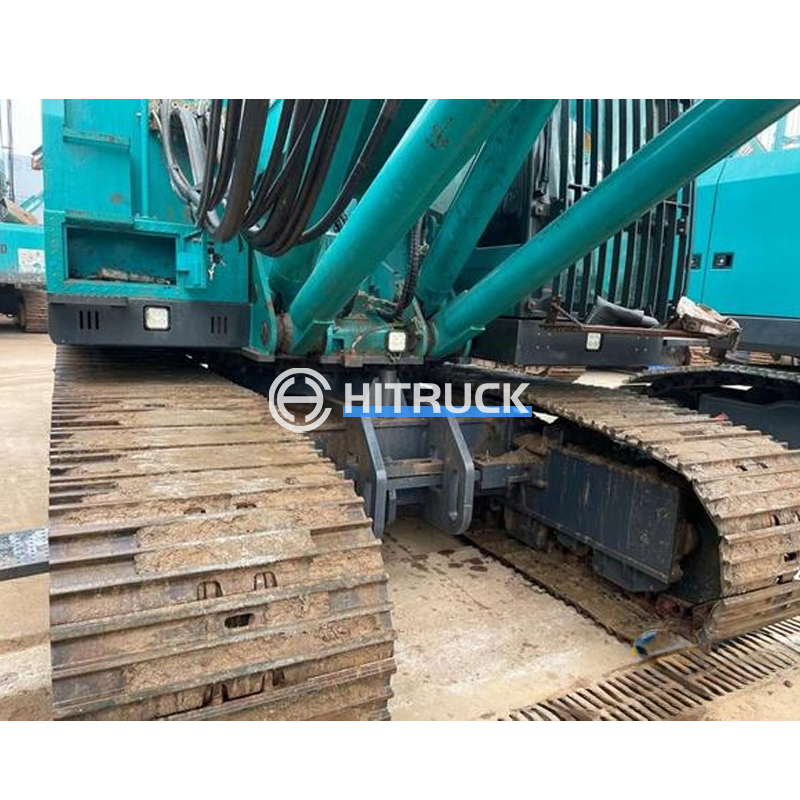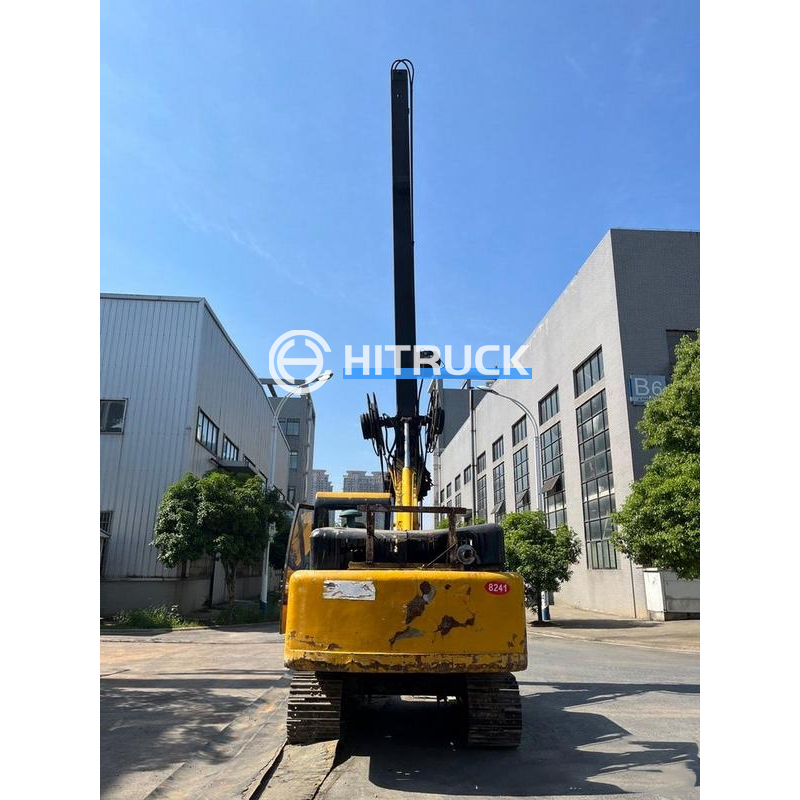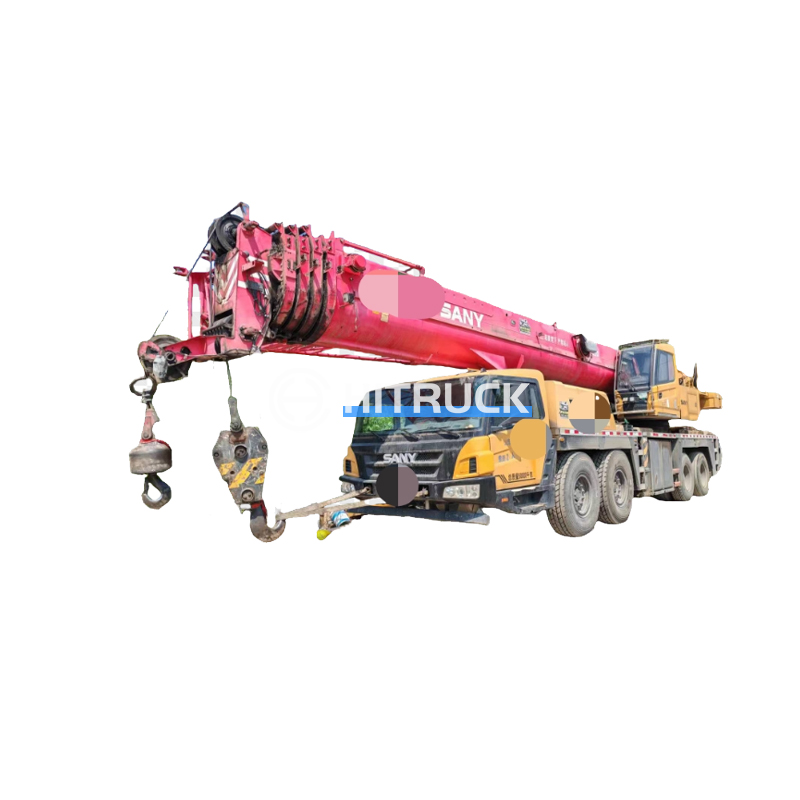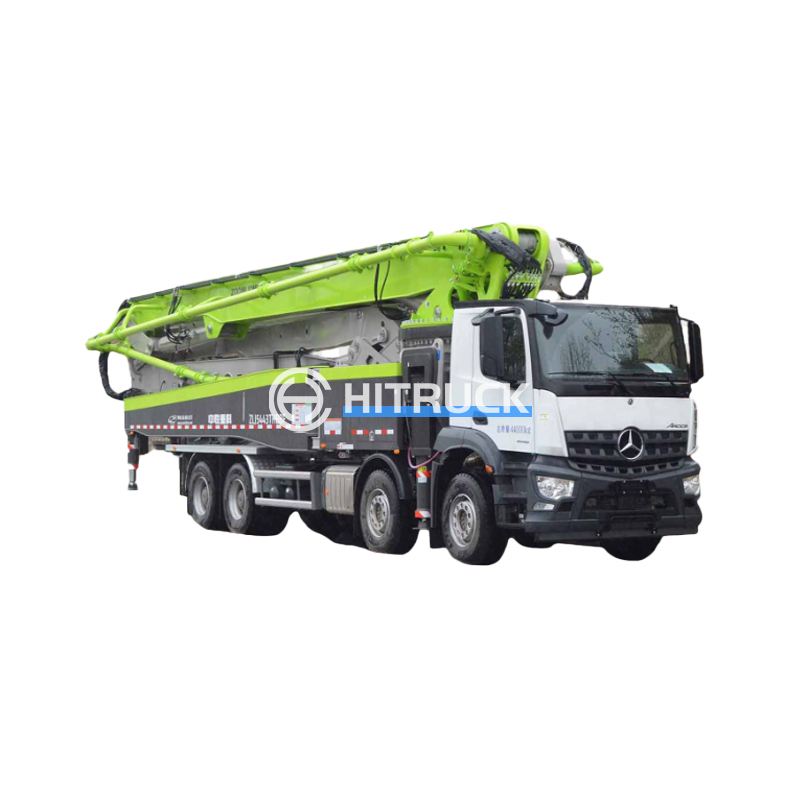The Cost of an Electric Fire Truck: A Comprehensive Guide
This guide explores the significant factors influencing the electric fire truck cost, providing a clear understanding of the pricing landscape for this emerging technology. We'll delve into the various components driving the price, examining both the initial investment and long-term operational expenses. Learn what to expect and how to make informed decisions about purchasing an electric fire truck for your department.
Factors Affecting the Cost of an Electric Fire Truck
Initial Purchase Price
The initial electric fire truck cost varies greatly depending on several factors. Size and capacity are key determinants. A smaller, specialized electric fire truck designed for urban environments will naturally cost less than a large-capacity pumper truck suitable for rural areas. The level of technological sophistication also plays a significant role. Advanced features like enhanced battery management systems, sophisticated firefighting equipment integration, and driver-assistance technologies increase the price. Finally, the manufacturer and their specific design and production processes affect pricing. It's essential to obtain quotes from multiple reputable manufacturers to compare specifications and pricing before making a purchase decision.
Battery Technology and Capacity
Battery technology is a major component of the electric fire truck cost. The size and type of battery pack directly impact both the initial price and the long-term operational costs. Higher capacity batteries, while offering extended operational time, command a higher upfront cost. The choice between different battery chemistries (e.g., lithium-ion, solid-state) also affects the price, with newer technologies often carrying a premium but potentially offering advantages in longevity and performance. The expected lifespan of the battery and associated replacement costs should be factored into the overall investment. For detailed technical specifications and pricing, contacting manufacturers directly is recommended.
Charging Infrastructure
Installing the necessary charging infrastructure adds to the total electric fire truck cost. This includes the purchase and installation of charging stations, which can be expensive depending on the power requirements and the number of trucks to be charged. The cost will vary based on factors such as the type of charging station (Level 2 vs. DC fast charging), the distance from existing power grids, and necessary upgrades to electrical infrastructure. Local regulations and permitting processes can also contribute to the overall cost. It’s advisable to consult with electricians and charging infrastructure specialists to obtain accurate cost estimates for your specific needs.
Maintenance and Operational Costs
While electric fire trucks often have lower maintenance costs compared to their diesel counterparts (fewer moving parts), it is still important to factor these into the overall budget. Regular battery health checks, software updates, and potential repairs or replacements for electric components need to be considered. Energy costs for charging will also play a role in the long-term operational expenses. Comparing the total cost of ownership (TCO) across different models, including both upfront and ongoing expenses, is crucial for a comprehensive financial assessment. Obtaining detailed cost breakdowns from manufacturers will assist in accurate projections.
Comparing Electric and Diesel Fire Trucks
| Feature | Electric Fire Truck | Diesel Fire Truck |
| Initial Cost | Generally Higher | Generally Lower |
| Operating Costs | Lower (fuel, maintenance) | Higher (fuel, maintenance) |
| Environmental Impact | Significantly Lower Emissions | Higher Emissions |
| Maintenance | Less frequent and potentially less expensive | More frequent and potentially more expensive |
Remember to consult with various manufacturers to get personalized quotes and understand the complete picture of the electric fire truck cost.
For more information on heavy-duty vehicles, visit Suizhou Haicang Automobile sales Co., LTD.


